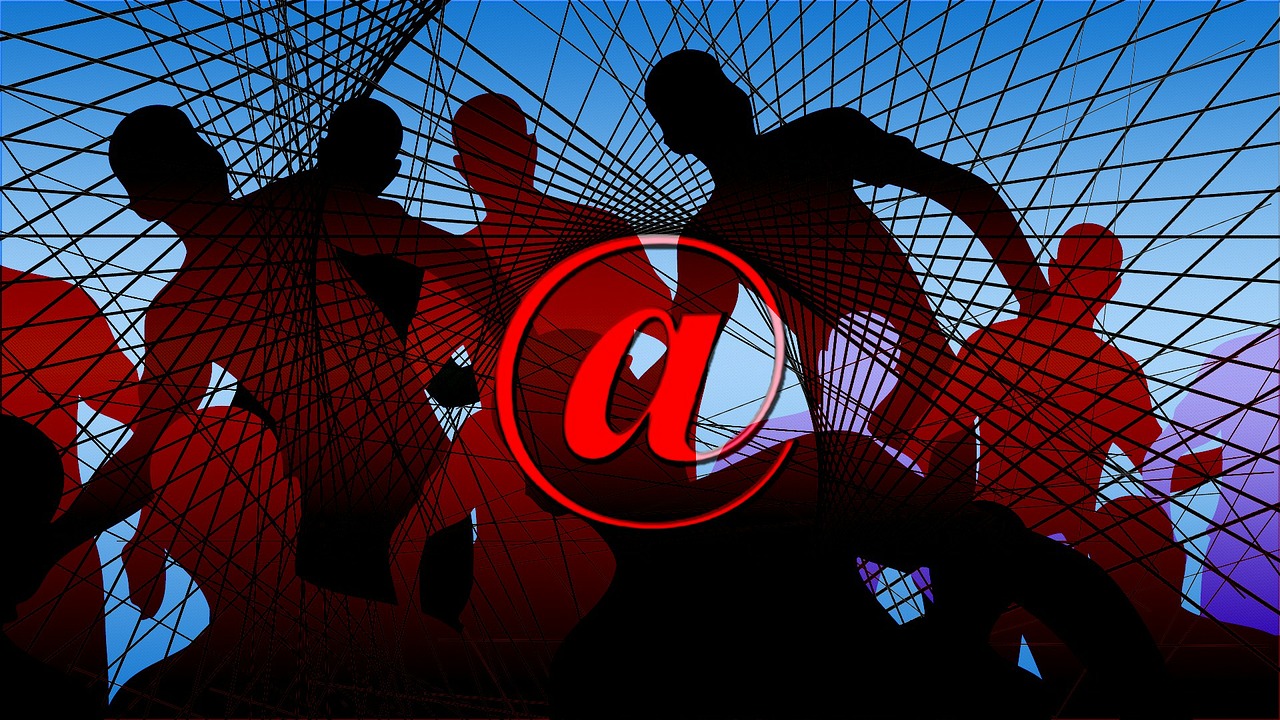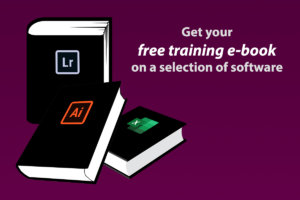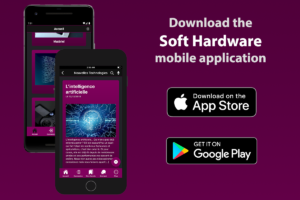Note : This page has been translated into English from French by a machine translation tool
Today, we all have an electronic mailbox, more commonly known as a mailbox. For personal use, access to our e-mails via the corresponding web application is often sufficient. All the more so since the main e-mail services offer a free application for our smartphones, which we often have in our pockets so that we can also consult our e-mails, send, delete or archive them. But if we use this means of communication intensively, as can be the case in a professional context, a thick client type email client can sometimes be useful to manage more easily the receipt, sending and storage of emails. We are going to present probably the most famous of them, Microsoft Outlook…
But first of all, what exactly is a mail client ? In fact, we have already given a definition that may well be adequate. Indeed, it is a software which makes it possible to consult, send e-mails and incidentally to delete or archive them. It is said to be a heavy client when it simply collects data on the mail server in order to process them itself and allow you to perform the various tasks mentioned above. In this case, the software is installed on your computer, as opposed to the web applications we talked about at the beginning and for which you do not install anything on your device. Here, it is the server that processes the information and allows you to act to read, write, send and delete e-mails.
But back to Microsoft Outlook… This is the very famous and no less used Microsoft email client included in some Office 365 software suite licenses (see our Microsoft Office 365 productivity software article for more information). It is also available as a single license for a single workstation running Windows or macOS. However, creating an account at outlook.com for Outlook or Hotmail email is free. However, here you benefit from the service only via the web application. You can also take advantage of Outlook services on all your mobile devices with the application available on Android and iOS, making your e-mail accessible where you want and when you need it.
Beyond being an email client, Microsoft Outlook is also what we call a personal information manager. That is to say that in addition to allowing you to collect your emails, it also includes a calendar as well as all your contacts, all in the same interface. If you get Outlook through an Office 365 subscription, you can store and share files through Microsoft OneDrive Cloud Services without having to transfer them as attachments, allowing all your recipients to make changes to those files.
Outlook offers a shared calendar function that allows each member of a team or organization to share their availability with others, making it easier to set up meetings and choose planning schedules, for example. It is also possible to access a meeting by videoconference in Microsoft Teams, which would have been scheduled in the Outlook calendar. The calendar includes reminder functions to ensure that you don’t forget any of your appointments.
But Outlook includes functions to link your mailbox and your calendar. So, if it has spotted certain events such as booking confirmations or invoices received by e-mail, it will automatically add them as calendar events. Finally, as is the case with other Office products, a help center is available to help you master the features of the software.









… [Trackback]
[…] Read More Info here to that Topic: soft-hardware.fr/en/microsoft-outlook-en/ […]
I don’t think the title of your article matches the content lol. Just kidding, mainly because I had some doubts after reading the article.
Thank you for your sharing. I am worried that I lack creative ideas. It is your article that makes me full of hope. Thank you. But, I have a question, can you help me?
Thank you for your sharing. I am worried that I lack creative ideas. It is your article that makes me full of hope. Thank you. But, I have a question, can you help me?
… [Trackback]
[…] Find More here to that Topic: soft-hardware.fr/en/microsoft-outlook-en/ […]
… [Trackback]
[…] Read More here: soft-hardware.fr/en/microsoft-outlook-en/trackback/ […]
… [Trackback]
[…] Find More here on that Topic: soft-hardware.fr/en/microsoft-outlook-en/ […]
… [Trackback]
[…] Info on that Topic: soft-hardware.fr/en/microsoft-outlook-en/ […]
… [Trackback]
[…] Find More on that Topic: soft-hardware.fr/en/microsoft-outlook-en/ […]
… [Trackback]
[…] Find More here on that Topic: soft-hardware.fr/en/microsoft-outlook-en/ […]
… [Trackback]
[…] Read More Info here to that Topic: soft-hardware.fr/en/microsoft-outlook-en/ […]
Thank you for your sharing. I am worried that I lack creative ideas. It is your article that makes me full of hope. Thank you. But, I have a question, can you help me?
Can you be more specific about the content of your article? After reading it, I still have some doubts. Hope you can help me.